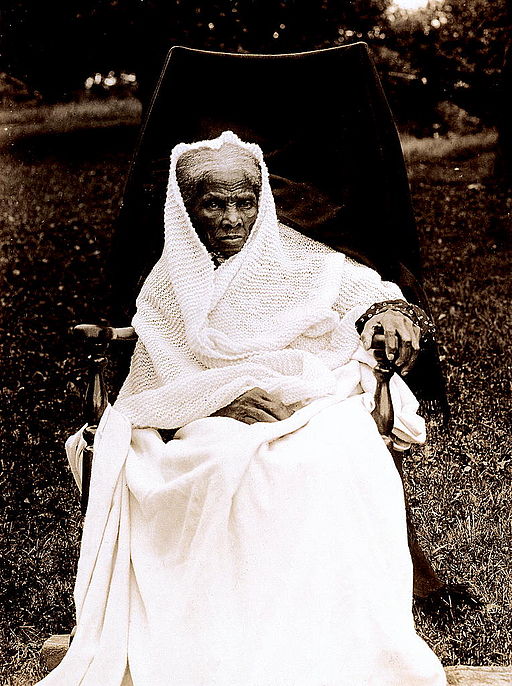As your bundle of joy grows, so does the number of changes to your body. One of the most common (and dreaded) changes is the appearance of stretch marks.
Many different thoughts about stretch marks and treatment options exist, but how can moms-to-be separate fact from fiction?
We took a closer look at what causes stretch marks and how to treat them to help you find some peace-of-mind.
What are Stretch Marks?
Stretch marks are visible, depressed marks on the skin. They can be dark red, purple, or brown in color. Eventually, most stretch marks fade and give off a silvery-white sheen.
Stretch marks generally appear wherever fat is stored in the body, including the thighs, hips, stomach, breasts, and buttocks.
What Causes Stretch Marks?
Your skin is supported by a number of structural proteins, including elastin and collagen. These proteins ensure your skin stays soft, supple, and stretchy.
During pregnancy, your skin experiences rapid changes. The proteins supporting your skin break down as your skin stretches and shrinks. As with any other break, your body needs to heal itself.
A stretch mark is a scar that forms in this process. You may be at greater risk for developing stretch marks if you have:
- Pale skin
- A family history of stretch marks
- Experienced rapid weight loss or gain
Do Stretch Marks Go Away?
Contrary to what many skin care companies claim, stretch marks are permanent.
Do not despair! While you cannot completely get rid of stretch marks once you have them, there are many effective treatments to help minimize the appearance and restore the skin’s strength.
How to Minimize Stretch Marks
Follow these ten tips to both prevent stretch marks and minimize the appearance of existing stretch marks:
- Use a moisturizing cream. Look for products specifically formulated for pregnant bellies and recommend by other moms. You will especially want to find a cream with hyaluronic acid. It has been proven in scientific studies to reduce stretch marks.
- Maintain a healthy pregnancy weight. This will be different for everyone. However, stretch marks can be exasperated by excessive weight gain or loss.
- Stay hydrated. Drinking water is not only good for you and your baby, but it also contributes to healthy, hydrated skin.
- Get your vitamins. Alongside your prenatal vitamins, make sure to eat a diet high in vitamin A. Vitamin A is rich in antioxidants that benefit the skin. You can get vitamin A in leafy greens, sweet potatoes, and carrots.
- Ask for a retinoid prescription. Retinoids are a topical form of vitamin A. Prescription strength creams can boost collagen production.
- Cover your belly in sunlight. Exposure to the sun increases your risk of stretch marks. Keep your belly covered up if you go outside. Always use a sunscreen of 75 SPF or higher. If your belly has to be exposed, apply sunscreen regularly.
- Use self-tanner. A self-tanning cream is a good cosmetic fix for stretch marks if you have fair skin.
- Try laser therapy. If your stretch marks are severe or causing significant stress on your self-esteem, consider laser therapy. It is the only treatment recommended by the American Society for Dermatologic Study to cause a significant reduction in the appearance of stretch marks.
- Start treatment soon. It is best to treat stretch marks before or as soon as they appear. If you are worried about stretch marks, follow these tips as soon as you confirm your pregnancy.
- Stop stressing! Nearly 90% of women get stretch marks during pregnancy. Be proud of your body and what it has accomplished.
Raised, Red Stretch Marks
For most women, stretch marks are simply a cosmetic problem. However, if your stretch marks become red, raised, and itchy, you may have a skin rash known as Pruritic Urticarial Papules and Plaques of Pregnancy.
This rash is fairly common and should not pose any serious harm to you or your baby, other than being painful. Contact your doctor for a soothing medication and stay away from tight clothes that could aggravate the rash.
Stretch Marks During Pregnancy
Stretch marks do not have to make you feel miserable. They are a sign of the wonderous thing your body has done in carrying a baby. With a little bit of know-how, you can decrease your risk of stretch marks and treat them quickly if they appear.
Photo by Ignacio Campo


